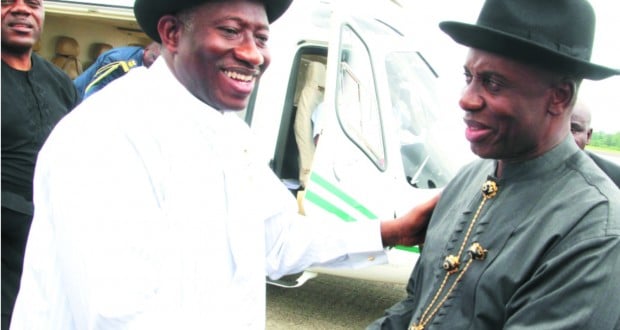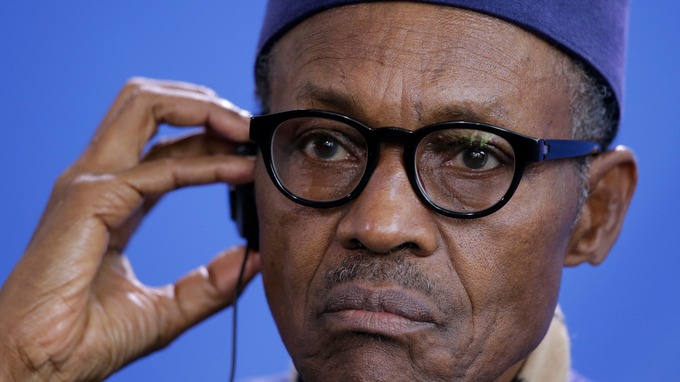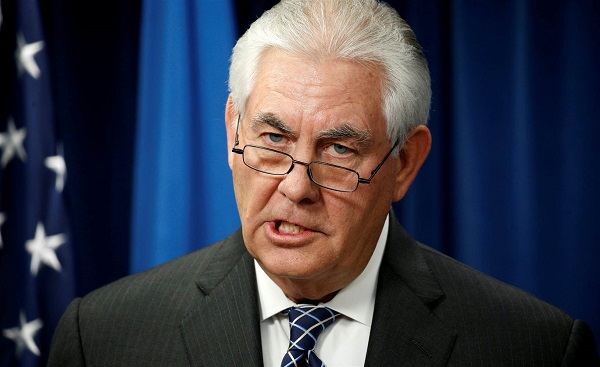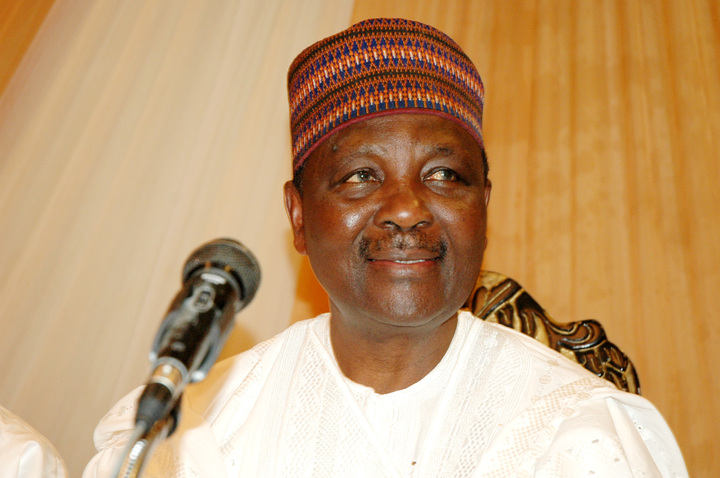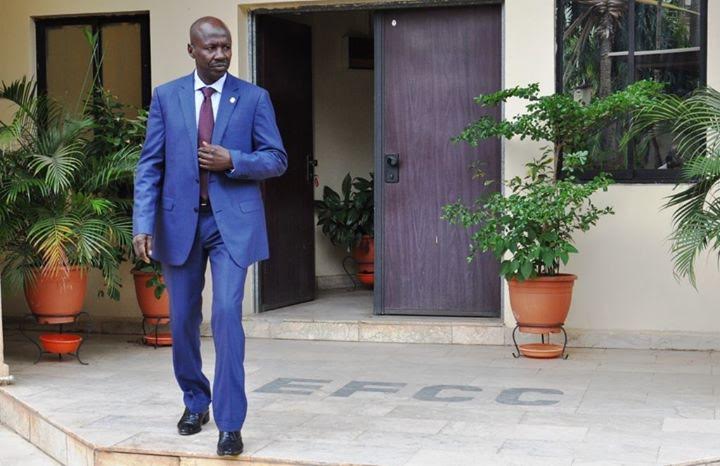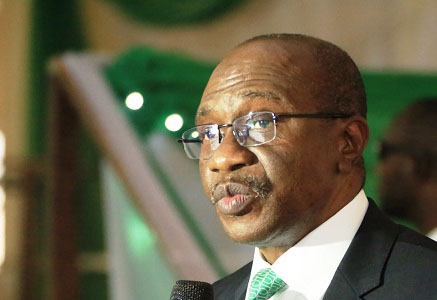On Saturday, Rotimi Amaechi, minister of transportation, said former President Goodluck Jonathan could not account for the $65 billion left in the excess crude account account by President Olusegun Obasanjo.
“When Obasanjo was leaving, he left about 65 billion dollars in the excess crude account, but this money was frittered away and we wonder where the money is,” he said.
“As at then, the price of crude oil during the President Goodluck Jonathan’s administration hovered around 140 dollars with this, they did not leave anything for the incoming government.”
WHAT IS EXCESS CRUDE ACCOUNT?
Advertisement
It is an account used to save oil revenues above an amount derived from a defined benchmark price. ECA was established in 2004 by Obasanjo. Its objective is primarily to protect planned budgets against shortfalls due to volatile crude oil prices.
ECA: CONSTANT SOURCE OF CONTROVERSY
The ECA is often a source of controversy because the status of the account is not made public regularly.
Advertisement
In response to a claim made by Olusegun Obasanjo in 2015, the ministry of finance had said that Obasanjo left $9.43 billion in the excess crude account.
At that time, Obasanjo had claimed that his administration left $25 billion in the account.
“When I was leaving office about eight years ago, I left a very huge reserve after we had paid all our debts. About $25 billion was kept in what they called excess crude account and we were saving the excess from the budget for the rainy days. It was raised to $35 billion when we left office in May,” he said at that time.
In response, the ministry of finance had said: “At the end of May 2007, Nigeria’s gross reserves stood at $43.13 billion – comprising the CBN’s external reserves of $31.5 billion, $9.43 billion in the Excess Crude Account, and $2.18 billion in federal government’s savings.”
Advertisement
While speaking at the annual meeting of the International Monetary Fund and World Bank in 2016, Ngozi Okonjo-Iweala, two-time finance minister credited with setting up ECA in 2004, had said there was no political will to save excess crude revenue under Jonathan, blaming governors in particular.
“We tried it in Nigeria, we put in an oil price based fiscal rule in 2004 and it worked very well,” she said.
“We saved $22 billion because the political will to do it was there. And when the 2008/2009 crisis came, we were able to draw on those savings precisely to issue about a 5 percent of GDP fiscal stimulus to the economy and we never had to come to the bank or the fund.”
In response, Amaechi, who was the chairman of the governors’ forum under Jonathan, said governors asked that the money be shared because it kept reducing.
Advertisement
“In 2009, we had an economic crisis so President Yar’adua put $1billion in the economy so no one felt the crisis. I can’t remember what was left in that account, the excess crude account,” he said.
“During Goodluck Jonathan, every month when the governors went for the economic council meeting, the amount in the account kept dropping. If we asked about what happened to the money, the response we got was that the president approved for it to be spent.
Advertisement
“So we told the vice president and the minister for finance that there was a need for us to share part of this money and we began to agitate. They now agreed to share part of the money and they did.”
ECA AND LEAKAGES
Advertisement
The senate recently called for the abolishment of the ECA. The lawmakers described it as an avenue for revenue leakages citing a report by the Natural Resource Governance Institute, which said the ECA is one of the most poorly managed in the world.
“For instance, it was reported that the ECA increased from $5.16 billion in 2005 to over $20billion in 2008, and decreased to less than $4billion by 2010 with no known tracking of its operations,” Rose Oko, senator representing Cross River north, said.
Advertisement
“At various times and from several quarters in 2013, it was purported that $5 billion was missing from the ECA, and that $2 billion was withdrawn without authorisation.
“These accusations between tiers of government portrays a financial system that is flawed and without probity.”
HAS NIGERIAN RESERVE EVER HIT $65BN?
The answer to this is no. The highest point reached by an Nigerian reserve is $62 billion. This was the balance of the external reserves as at September 2008 during the Yar’Adua-led administration.
CONCLUSION
The claim that Obasanjo left $65 billion in the ECA is false. He left $43.13 billion in foreign reserves (out of which only $9.43 billion in ECA), while Yar’Adua built reserves to peak at $62 billion (out of which $22 billion was in ECA — the highest ever in Nigeria’s history).

